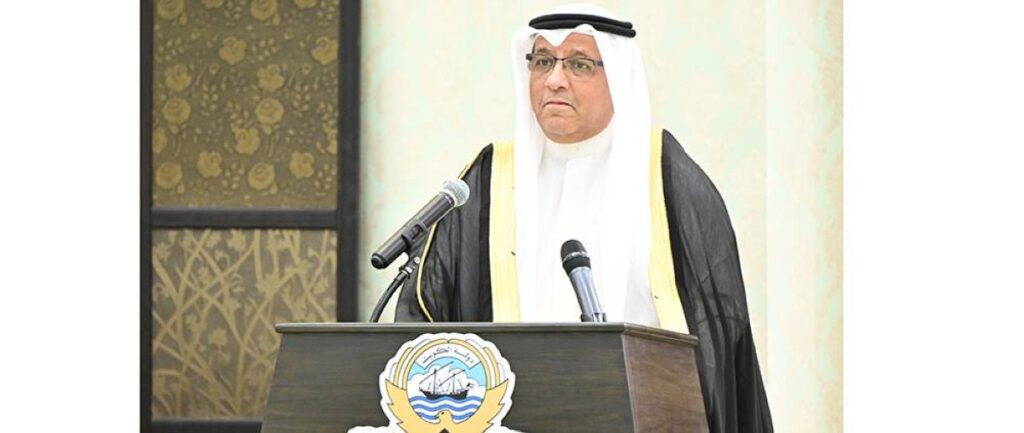Initiative comes as Kuwait faces a backlog of more than 81,000 appeals at the Court of Cassation
KUWAIT: Kuwait’s highest judicial authority has ordered a sweeping audit of all case files pending before the Court of Cassation, in a move aimed at streamlining court operations and tackling tens of thousands of accumulated appeals. The decision, issued by the President of the Supreme Judicial Council and Court of Cassation, Dr Adel Bouresli, mandates the formation of a special committee to conduct a comprehensive inventory of every appeal and file currently before the court, categorized by type and legal classification.
The initiative comes as Kuwait faces a backlog of more than 81,000 appeals at the Court of Cassation — a crisis that has already prompted the formation of ten new judicial committees last month to fast-track case reviews. The audit ordered this week is expected to complement those efforts by clarifying the full scope of the caseload and enabling more efficient processing in the months ahead.
According to a Ministry of Justice statement on Thursday, the decision — Resolution No 47/2025 — instructs the newly formed committee to complete its work within one month of the order. The team is chaired by Ahmad Al-Amer, Supervisor of the Court of Cassation’s Clerks Department, and includes several staff members from the court’s administration.
The committee will be responsible for cataloging all pending appeals “based on their actual presence and according to type,” including criminal, administrative, civil, commercial, labor, personal status and family cases, as well as requests involving members of the judiciary.
“A committee shall be formed under the chairmanship of the Supervisor of the Court of Cassation’s Clerks Department, Ahmad Al-Amer, and with the membership of several employees from the administration,” the resolution reads. “Its task is to conduct a comprehensive inventory of all appeals and files in the Court of Cassation, based on their actual status and according to type.”
The order is grounded in Decree-Law No. 23 of 1990 concerning the organization of the judiciary, and follows Resolution No 23/2023 of the Supreme Judicial Council on handling the caseload crisis. It also reflects a delegation of authority made by the court’s General Assembly on September 22, 2024, authorizing Dr Bouresli to take necessary measures at the start of the 2025/2026 judicial year.
This latest move adds momentum to Kuwait’s broader judicial reform agenda, which in recent months has included the restructuring of the Supreme Judicial Council, term limits for top judicial appointments, and the first overhaul of court fees in more than 50 years. — Agencies

